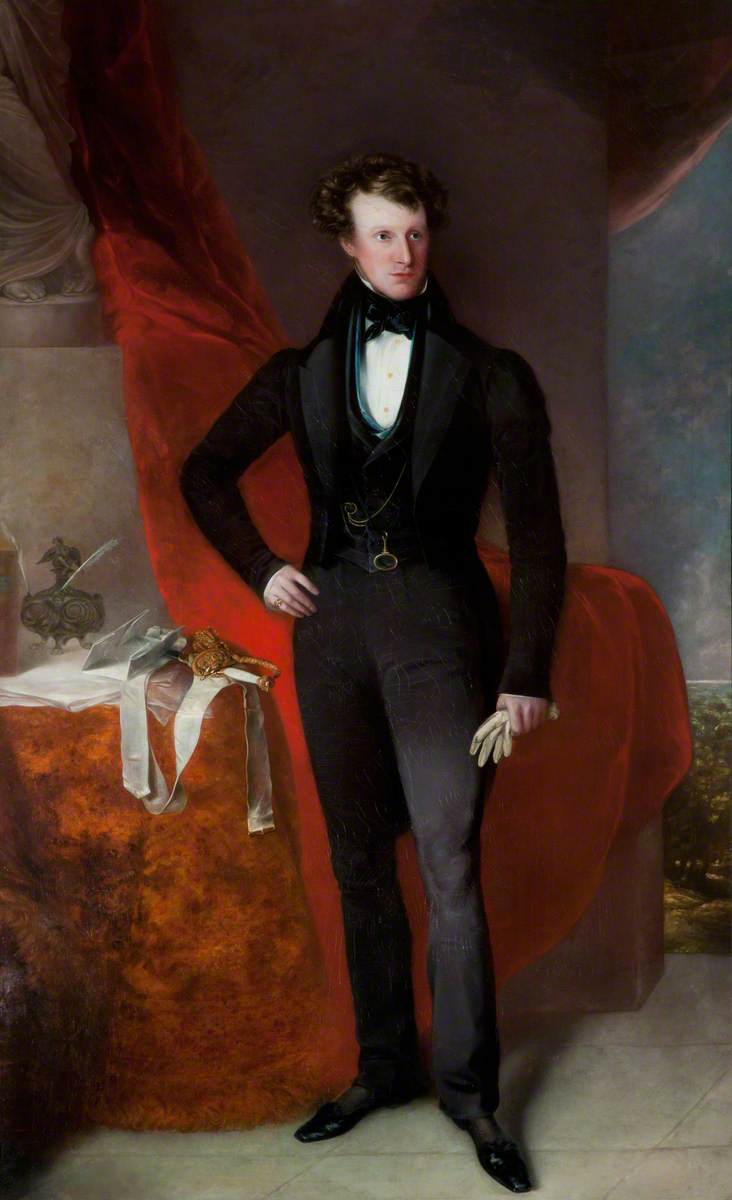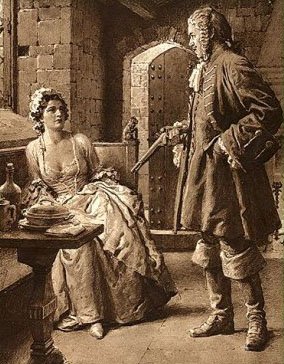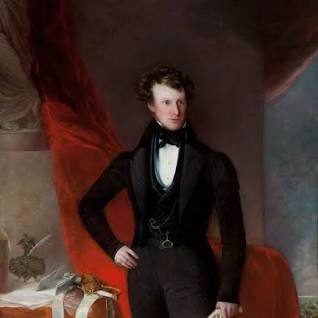Tempo Manor History
Sir James Emerson Tennent’s career
There is an inadequate (and slightly inaccurate) resume of Sir James Emerson Tennent’s career in the Dictionary of National Biography (DNB), but fuller biographical and autobiographical information is to be found among the papers themselves. The following is a brief resumé.
He was born James Emerson, and double-barrelled his name to Emerson Tennent in 1832 under the will of William Tennent of Belfast and Tempo, a wealthy banker whose daughter and heiress, Letitia, he had married in the previous year. He began his political career as a Whig, but was espoused by the local Conservatives in his first election for Belfast in 1832 and in 1834 went over to the Conservatives under the aegis of his political mentor, Lord Stanley.
(He later claimed that the Whigs never forgave his defection and had their revenge in 1850-1851 when they made a party-political question of his controversial period of office in Ceylon.)
He was MP for Belfast, 1832-1845 (and his portrait, full-length, hangs in the Reception Hall of Belfast City Hall), originator of a milestone Copyright of Designs Act (1842), Joint Secretary to the India Board, 1841-1845, Colonial Secretary in Ceylon, 1845-1849, Permanent Secretary to the Board of Trade, 1852-1867 (and usually regarded as the inventor of competitive examination for the Civil Service), author of major books on Greece, Ceylon, natural history, antiquites, etc, friend of Dickens and other literary and artistic people, and builder of Tempo Manor, Co. Fermanagh (to the designs of Sir Charles Lanyon), 1861-1869.
He was knighted in 1845, and created a baronet on his retirement from the Board of Trade in 1867.



